
This session was among the busiest I have seen in my sixteen years at the Capitol. With twelve new Democrats in the State House, this session was less about partisan politics and more about getting things done for Texas. I was also honored this year to be appointed Chairman of the House Committee on Business & Industry, which put me in a unique and powerful position to fight for consumer protection and for the people of San Antonio. From public education and property taxes to balance billing and data privacy, we worked on a lot this session!
Here’s my debrief on the highlights of the 86th Texas Legislature.
THE GOOD
Ending Surprise Medical Billing in Texas
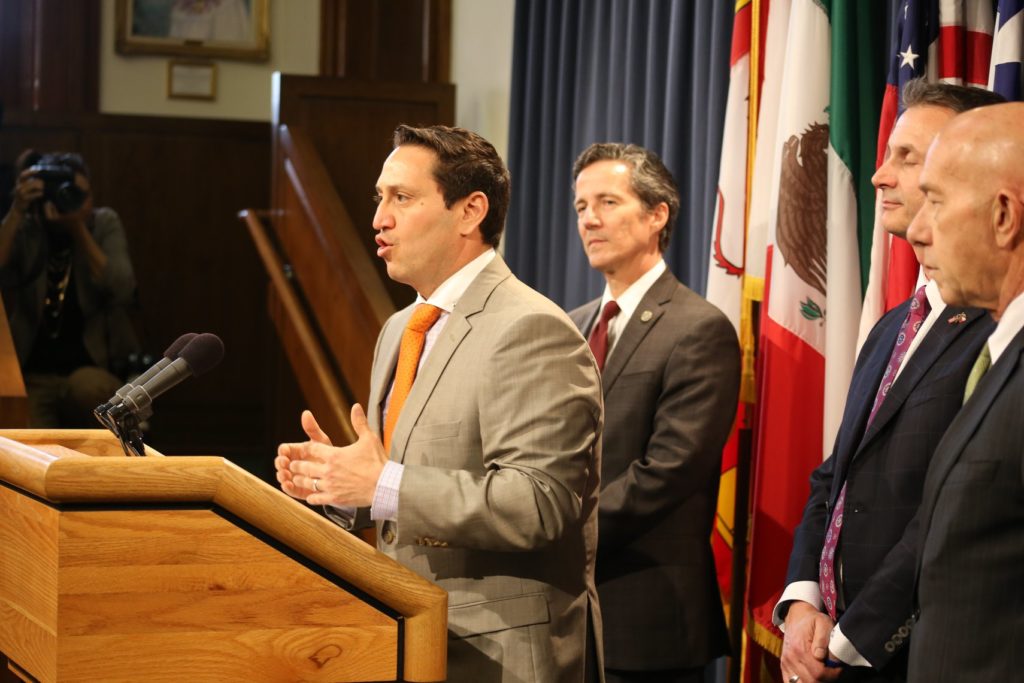
The biggest piece of legislation that I was able to steward through this session was SB 1264, a major healthcare reform that tackled ‘balance billing’, of which I was a joint sponsor. The bill began as a cooperative effort between myself and Senator Kelly Hancock. Two other members of the Legislature, Rep. Tom Oliverson and Sen. John Whitmire, also had balance billing legislation that eventually became part of our effort. SB 1264 brings lots of reforms, but its most important change is this: if your insurance plan is regulated by the Texas Department of Insurance, balance billing is now prohibited.
If you receive out-of-network emergency care or unknowingly see an out-of-network provider at an in-network facility, you will no longer be on the hook for the cost. Instead, your insurance company and the provider will have to work it out amongst themselves, either informally or through the dispute resolution process outlined in the bill. This was a collaborative effort that required extensive stakeholder engagement from each of the members involved. This new law is already impacting negotiations at the national level, as Congress begins to address surprise medical billing and looks to Texas for possible solutions. Read more about this bill here.
Protecting Your Data
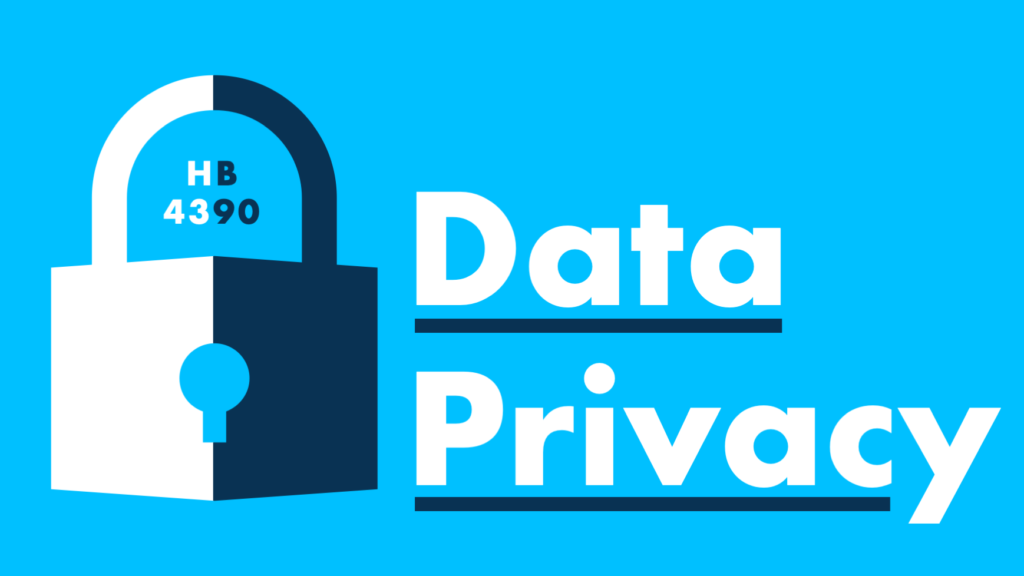
At the start of session, I filed comprehensive data privacy legislation, which would have created a set of protected privacy rights for consumers, including the right to disclosure and deletion of information collected, sold, and shared by certain companies. We heard the bill in the committee I chair, Business & Industry, alongside a similar data privacy bill by Rep. Giovanni Capriglione, a Republican from the DFW area.
Working with stakeholders, Rep. Capriglione and I negotiated a compromise that creates a strong foundation for future data privacy legislation in Texas. The bill creates the Texas Privacy Protection Advisory Council, which will meet during the interim to study the data privacy laws of other states and other countries. Ultimately, the goal is to protect consumers and their data in a way that works for Texas, not only when a breach occurs, but also in routine, day-to-day business operations. Read more about this bill here.
Funding our Public Schools
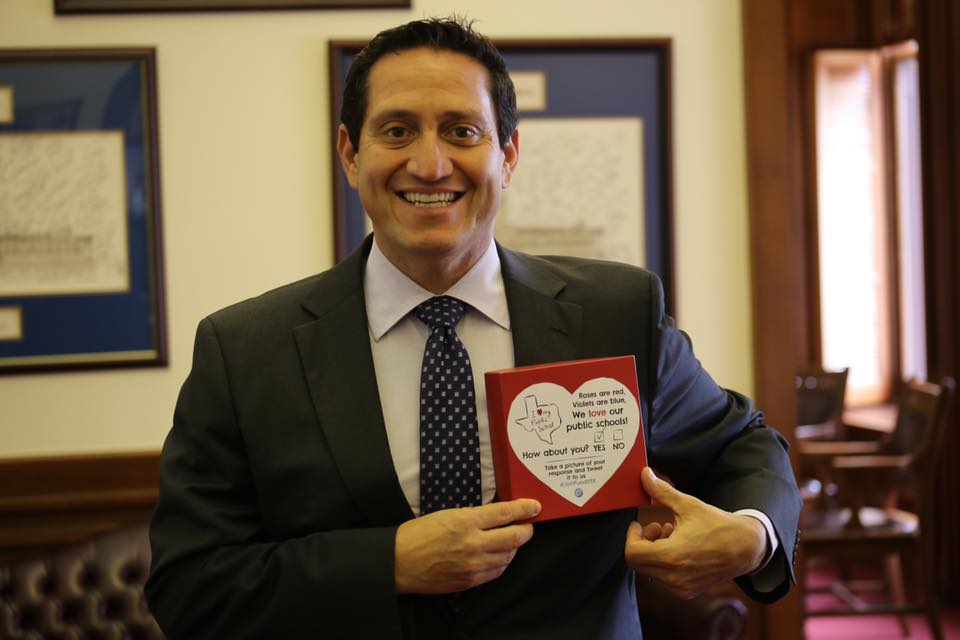
Without a doubt, one of the greatest achievements of this legislative session was House Bill 3, which added over $11 billion to our state’s public schools. As you well know, Texas is near the bottom when it comes to spending on our students, and I have led the effort to prevent the cuts to public education in the past and successfully fought to restore nearly $4 billion to our schools in 2013.
This new investment brings the state much closer to becoming an equal partner in funding our schools, enabling raises for school employees and investing in our state’s children. During the debate over HB3, I wanted to make sure that the concerns San Antonio school districts were being directly addressed, so I convened a meeting between our local superintendents and the Chairman of the House Committee on Public Education, Dan Huberty — the only such meeting in the whole state. You can read more about HB3 here.
The State Budget
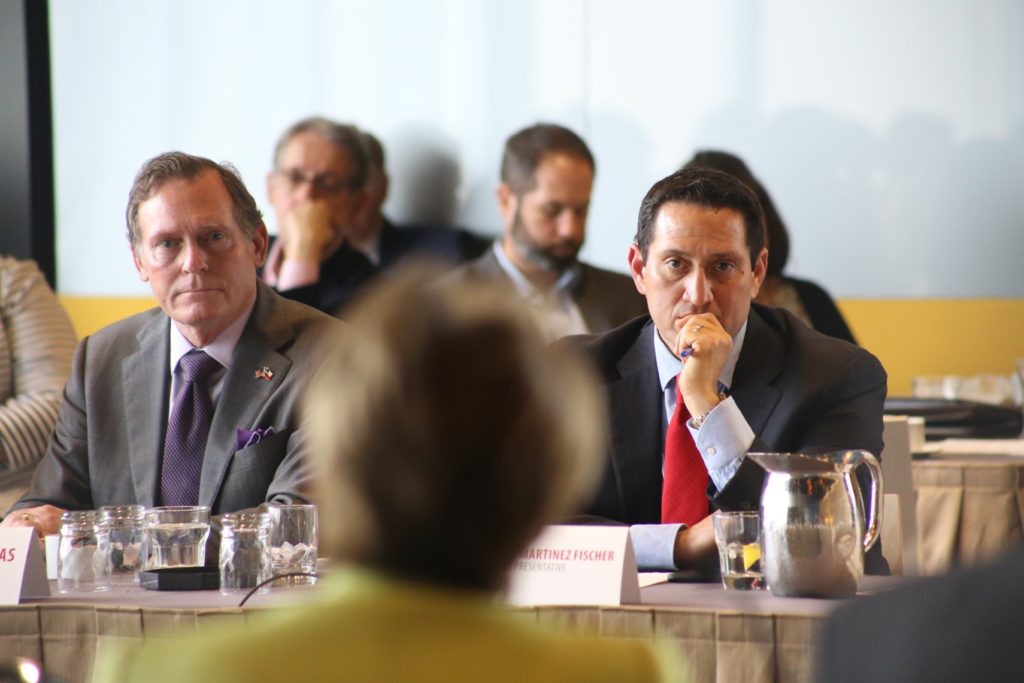
This session, we passed a $250.7 billion two-year budget, a 16% increase over last session. The budget includes increases for public education as well as funds key state priorities like infrastructure, mental health, and may other important items.
As part of the budget, I negotiated with the Speaker of the Texas House to get UTSA $3.5 million for their Foster Care pilot program. This groundbreaking, innovative program is a coordinated effort with UTSA, Alamo Colleges District, Texas A&M San Antonio, CASA San Antonio, Bexar County, and the City of San Antonio. This program will help facilitate services and support for college students who were formerly in Texas’ foster system.
Lastly, I also supported and helped pass a $9 billion supplemental budget to cover previous obligations, including $1.3 billion for retired teacher pension reforms and $658 million for a one-time ‘13th check’ for our retired teachers. You can think of the supplemental budget as the state paying off it’s credit card bills; paying back unexpected and underfunded state expenses such as Hurricane Harvey relief and Medicaid funding.
THE BAD
Failed Property Tax “Reform”
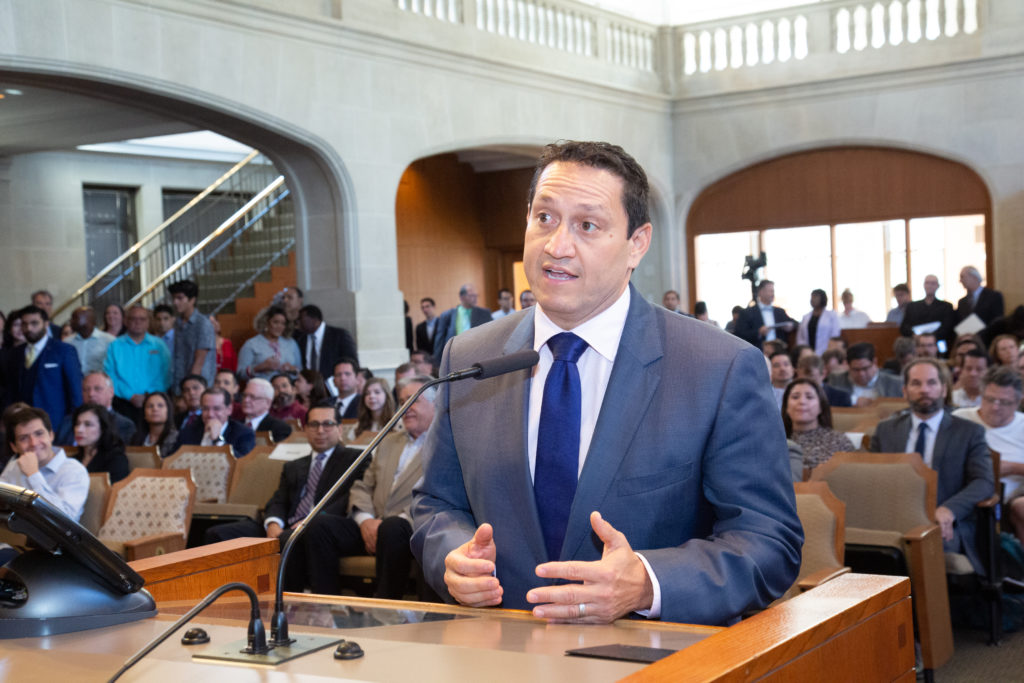
As the senior Democrat on the House Committee on Ways & Means, one of the biggest bills I worked on this session was Senate Bill 2, which places an arbitrary 3.5% cap on the property tax revenue our local governments can collect. This bill was presented with the promise that it would reduce property taxes in Texas– it doesn’t. Instead, Senate Bill 2 seriously limits the ability of our cities and counties to keep up with the explosive growth we are seeing in our state, while not actually providing for any meaningful property tax relief.
I led the opposition to this bill and worked closely with Mayor Ron Nirenberg and Bexar County Judge Nelson Wolff to amend Senate Bill 2 to prevent its most dangerous elements. Together, we were able to raise the rate to 3.5% rather than 2.5%, which will allow slightly more breathing room for our local governments. I also negotiated to allow cities and counties to bank their rate over three years, so that governments are rewarded when they lower your property tax rates. I hope that when the Legislature reconvenes in 2021, it will reexamine this policy and look for better, more sustainable alternatives to alleviate property taxes in Texas. Read more about this bill here.
Killed the Regressive Sales Tax Swap
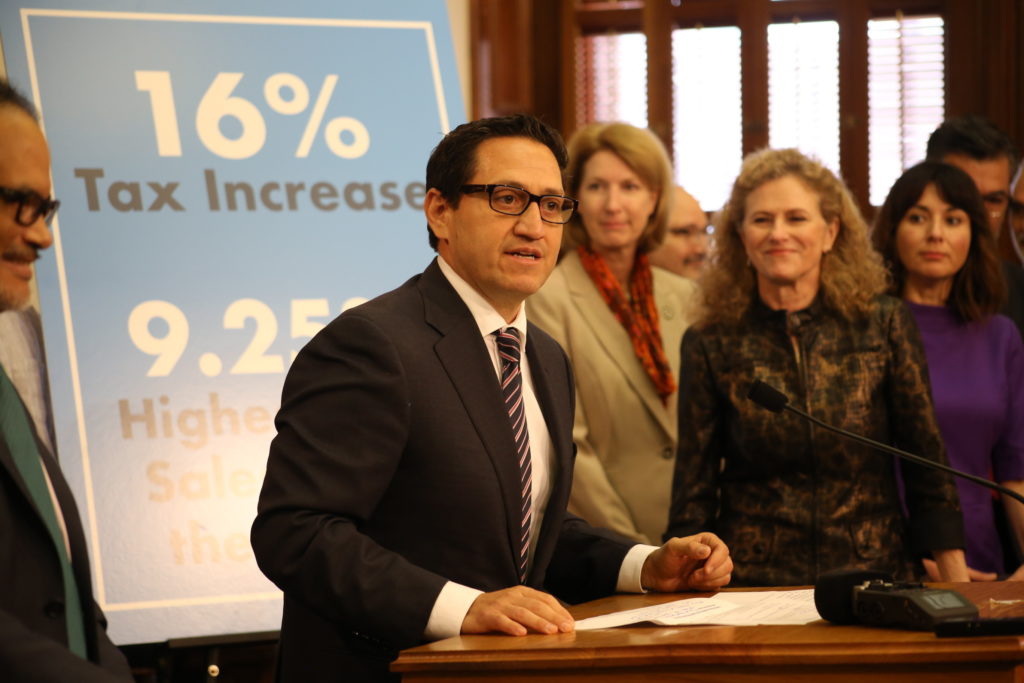
One of the worst bills proposed this session was a plan to raise the state sales tax by 16% on Texas families in order to give the rich a tax break on their property taxes. I led the opposition and rallied my colleagues to defeat this bill, because if you, like the majority of Texans, make less than $100,000 a year, you would lose under this bill.. As a veteran member of the tax-writing Ways & Means committee, I have always believed that public policy shouldn’t be right vs. left, it should be right vs. wrong, and this proposal was wrong for Texas families.
The fact is that there is $43 billion in revenue sitting on the sidelines today in sales tax exemptions, exclusions, and discounts that the state offers to corporations. If the state is truly looking for more money in order to fund our schools, we should start there. Fortunately,support dwindled for the bill, forcing the author to pulled it down. In the matter of just a few days, we successfully killed a bill that would have raised taxes on working Texans.
THE MISSED OPPORTUNITIES
Defending Protections for Pre-existing Conditions
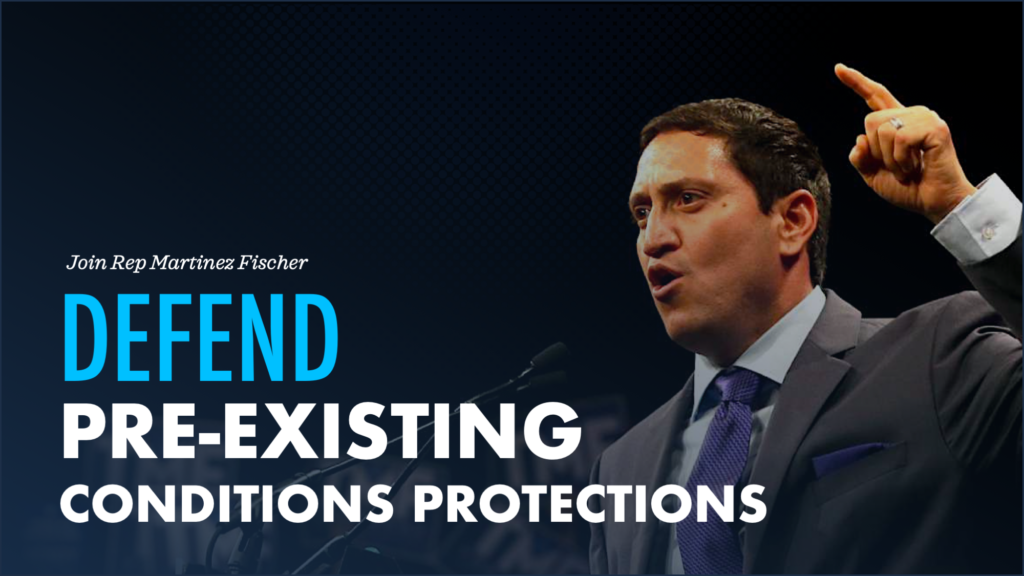
As you have likely heard, several prominent Texas Republicans like Attorney General Ken Paxton have led the nationwide charge to strike down the Affordable Care Act (Obamacare), putting millions of Texans with pre-existing conditions at risk. The very first bill I filed this session would have enshrined into state law protections for pre-existing conditions, no matter what happens to Obamacare. Unfortunately, while my pre-existing conditions bill was given a hearing in the House Committee on Insurance, it was not voted out. Read more about this bill here.
Raising the State Minimum Wage
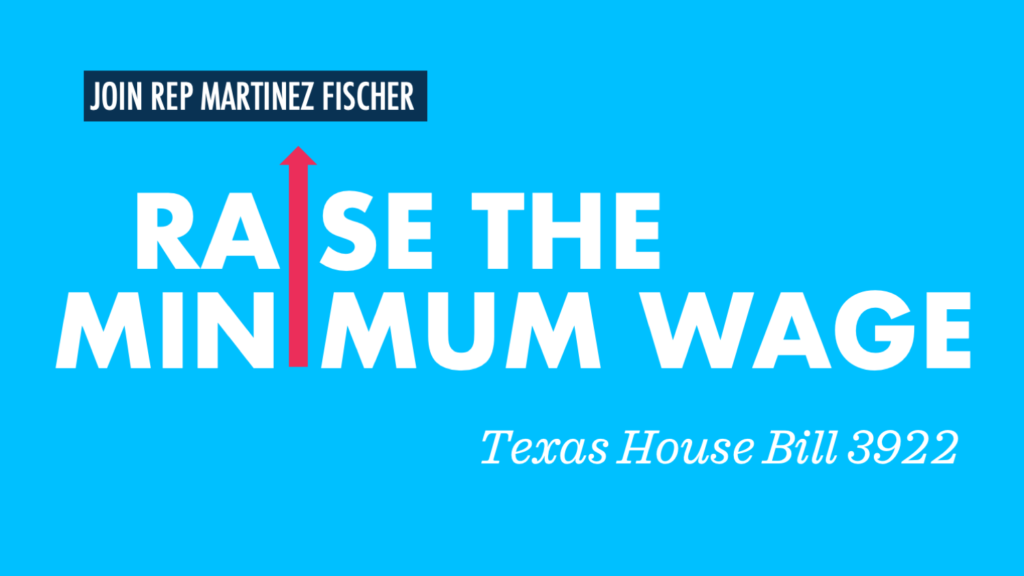
As the House’s fiercest advocate for raising the minimum wage, I filed a bill that would have gradually increased the minimum wage up to $15 in order to give thousands of Texans a much needed raise. Unfortunately, the bill was not given a hearing. I will bring this bill back next session if Congress fails to enact a nationwide increase so that millions of Texans can earn a living wage. Read more about this bill here.
Repealing Senate Bill 4
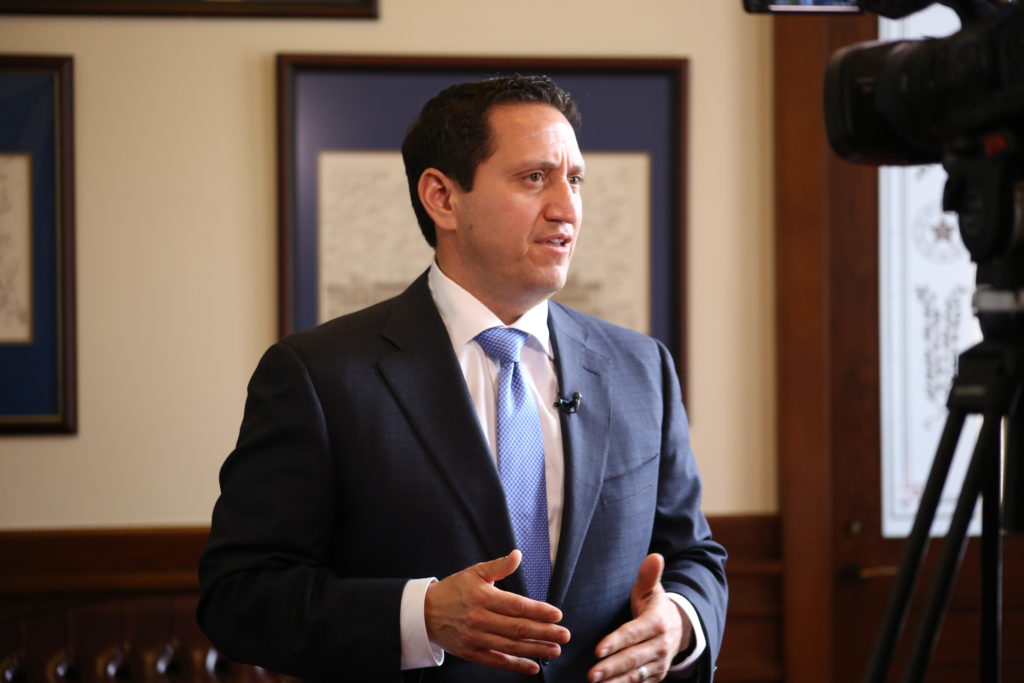
I filed two bills that would have repealed portions of last session’s Senate Bill 4, the ICE detainer bill. Republicans were emboldened last session, and harmful legislation like Senate Bill 4 was the result. In addition to the target it puts on the backs of people of color, Senate Bill 4 flagrantly violates some of our core rights as American citizens. For example, the bill prohibits local or campus law enforcement from “endorsing” policies that run contrary to Senate Bill 4. This should be protected political speech and my bills would have repealed these sections.
Things We Missed in the State Budget
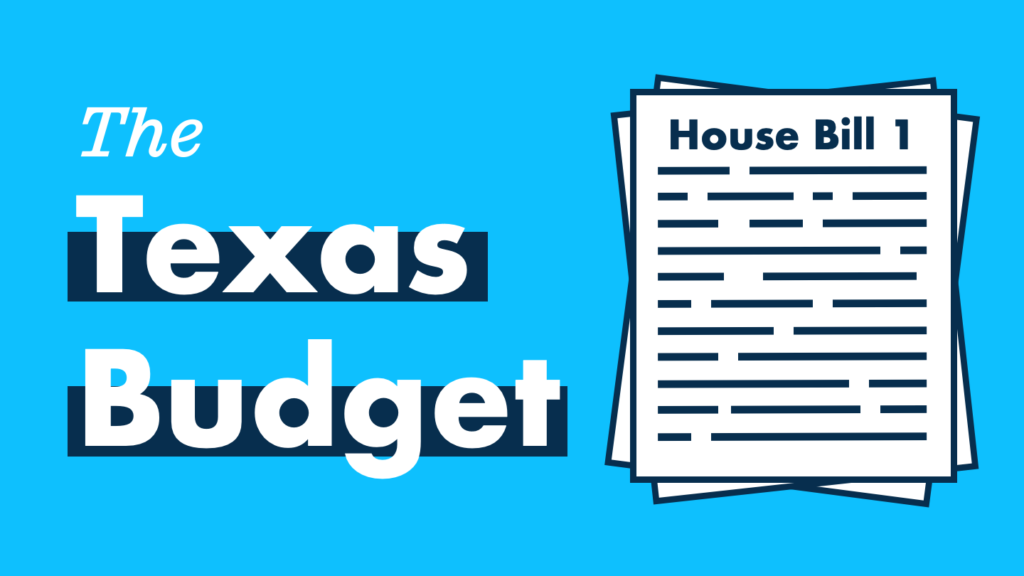
Though the Legislature accomplished a lot this year, we did our worst work in the field of healthcare. Texas came short of fully funding Medicaid expected costs for the upcoming biennium, and it will be a priority in 2021 when we return to cover those expenses through a supplemental budget. Furthermore, when the House passed its budget, we included around $5 billion for state mental health hospitals, including for one in San Antonio. This funding was ultimately cut by the State Senate in the final version of the bill.
Several other of my proposals came close to being fully funded but died in Article XI of the budget, which is essentially the legislature’s funding wishlist. These riders included funding for a UTSA College Completion Effort to enhance graduation and retention rates for first-generation, low income students, and for the UT Health Science Center-San Antonio Barshop Institute for Aging Studies that would have supported a new building outfitted to study Alzheimer’s and dementia.
I also had a bill that would have allowed the Alamo Colleges District to offer needs-based, tuition-free community college. Unfortunately, the Texas Promise bill did not make it out of committee this session, but we will keep working toward affordable college solutions in 2021. Read more about the Texas Promise here.
Missed my town hall? No worries! You can watch it below.
San Antonio Legislative DebriefHAPPENING NOW: Representative Martinez Fischer is starting his Legislative Debrief Town Hall now! Tune in here!
Posted by Trey Martinez Fischer on Wednesday, July 10, 2019

